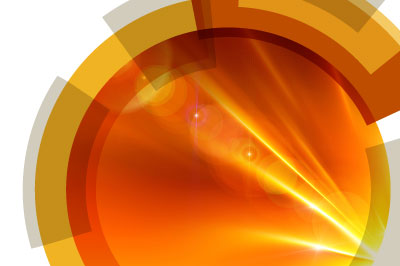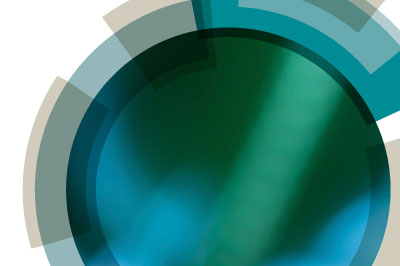The International School on Mass Spectrometry (IntSMS) is a six day full immersion school aimed to give advanced and higher education in mass spectrometry to graduate, PhD, post-doc students, and all those working in different areas of science, ranging from physics, chemistry, biosciences, food, environment, omics sciences to medicine, interested to improve their knowledge and culture in mass spectrometry.
The school joins together participants from academia, public and private research centers and industry, and it is an useful occasion for allowing meeting of students and tutors coming from different countries and for creating new links and networking.
The 2nd Course is devoted to
ION MOBILITY MASS SPECTROMETRY
Fundamentals, Advances, and Applications
Ion mobility (IM) measurements have become an important technology in mass spectrometry that finds applications in many fields.
IMMS allows separation, characterization and differentiation of populations of ions according to their charge, shape, and size on a millisecond timescale. Thus it is possible to investigate shape and conformation of ions having the same chemical formula, not differentiable by high resolution mass spectrometry, such as protomers or folded and denaturated forms of a protein, or it can be used as an additional separation step.
The school joins together participants from academia, public and private research centers and industry, and it is an useful occasion for allowing meeting of students and tutors coming from different countries and for creating new links and networking.
The 2nd Course is devoted to
ION MOBILITY MASS SPECTROMETRY
Fundamentals, Advances, and Applications
Ion mobility (IM) measurements have become an important technology in mass spectrometry that finds applications in many fields.
IMMS allows separation, characterization and differentiation of populations of ions according to their charge, shape, and size on a millisecond timescale. Thus it is possible to investigate shape and conformation of ions having the same chemical formula, not differentiable by high resolution mass spectrometry, such as protomers or folded and denaturated forms of a protein, or it can be used as an additional separation step.









